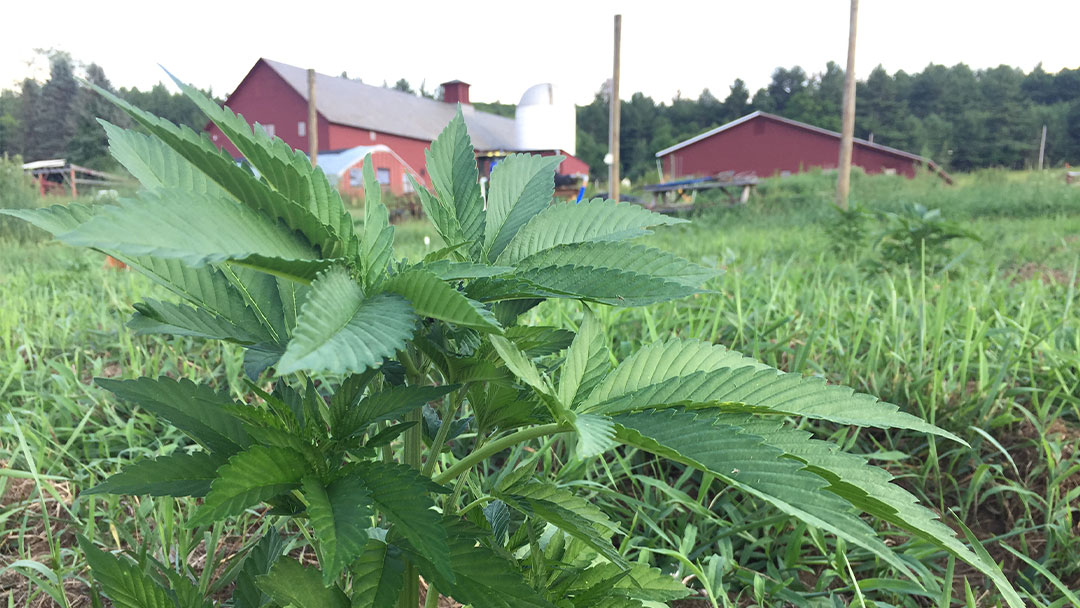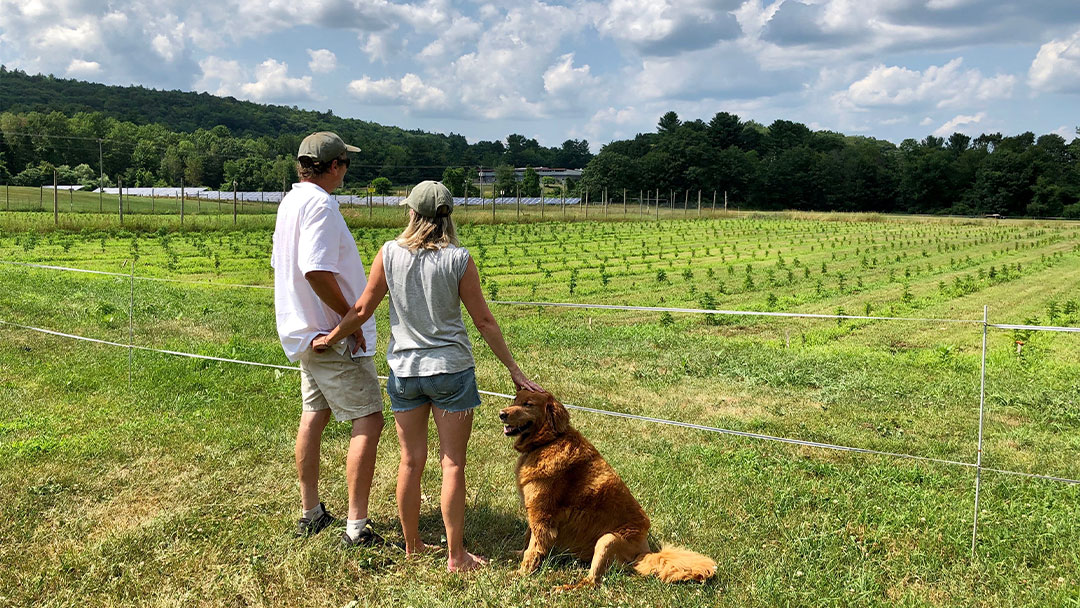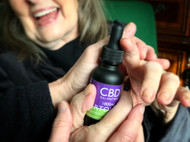CBD and Alzheimer's
Jun 18th 2020
Suffering from any disease, especially one as cruel as Alzheimer's, is something no person or family should ever have to experience. Alzheimers literally destroys the body and mind slowly, like losing tiny pieces of yourself each day. Sadly, no cure exists for this horrible disease. However, some medications and other management strategies can improve the symptoms.
Even CBD might change how we look at the treatment of Alzheimer's.
What is Alzheimer's?
Alzheimer's disease is a progressive brain-related disease and an intense form of dementia that progressively affects the person's thinking, memory, and behavior. Brain cells and cell connections themselves degenerate slowly, eventually causing the person's memory to be affected while destroying many other of their primary mental functions.
Still, today we don't precisely understand what causes Alzheimer's disease, and with no cure, it continues to plague millions of people worldwide. Age is one of the most significant risk factors for developing this disease, especially among those over 65.
What is CBD?
CBD is one cannabinoid that's derived from the cannabis or hemp plant and has various possible therapeutic effects. Furthermore, CBD has been found to have excellent results when assisting people and animals who have anxiety symptoms, behavioral problems, chronic pain, and other medical issues. Those who suffer from seizures and muscle rigidity have been known to improve after a short period.
Even better, is that CBD is legal in the U.S. and is available without a prescription. Shop Bordertown Farm today for top-quality CBD.
Related: Why Hemp?
Initial Studies
A 2019 study implied that cannabinoids might be helpful to treat and prevent Alzheimer's disease. Because CBD components could suppress some of the debilitating symptoms, such as behavior disorders and memory loss, it also suggested that using CBD and THC together could be even more helpful than using either individually.
March of 2021, at the Medical College of Georgia at Augusta University. Over two weeks of high doses of CBD helped restore the functions of two key proteins. These proteins help to reduce the accumulation of beta-amyloid plaque, a hallmark of Alzheimer's disease.
The proteins TREM2 and IL-33 are essential to the brain. These immune cells help to remove dead cells like the beta-amyloid plaque that pile up in patients' brains, and levels of both are lower in people with Alzheimer's.
Doctors found that CBD normalized levels of IL-33, a protein whose highest expression in humans is generally in the brain, where it helps sound an alarm that there is an invader like the beta-amyloid accumulation. There is now evidence of its role as a regulatory protein, whose function is responsible for turning up or down the immune response. In reference to Alzheimer's, this includes turning down inflammation and trying to restore balance and harmony to the patient's immune system.
More and more ongoing studies show that the symptoms of behavioral and psychological symptoms of dementia decrease with the use of cannabinoids (CBD).
Related: Organic Hemp Grown on the Family Farm

Can CBD help with the symptoms of Alzheimer's?
Just some of the many challenging symptoms that Alzheimer's patients suffer from are:
- Social Withdrawal
- Trouble Sleeping
- Aggressive or Unusual Behaviors
- Lost Inhibitions
Researchers are discovering that CBD may help to decrease some of these common symptoms in patients. CBD is already proving efficient in helping mental stability, insomnia, anxiety, and different forms of depression.
As Alzheimer's progresses, the person might start to have trouble:
- Making Judgements
- Being social, even with loved ones
- Remembering
- Writing or Speaking
- Doing Daily Activities
As much as we wish we could put an end to this ultimate progression, however treating the symptoms as they occur with natural CBD can be a great management tool. Maybe even slowing that progression.
Side Effects of CBD
Side Effects of CBD are minimal, and CBD research is still ongoing. So far, CBD is well-tolerated by the body. It may cause temporary bouts of dry mouth, change in appetite, drowsiness, and in rare cases, diarrhea or fatigue. Always check to make sure you watch out for possible interactions with other medications and make sure you purchase a quality CBD product.
Options and Dosing
So after finding a quality CBD product, one has to find an application that works best for them and the most beneficial dosage.
CBD Uses
There are many ways to take or distribute CBD. Most commonly, these applications are:
- Oils and Tinctures: applied orally by a dropper directly to the mouth or added to food or beverages.
- Pills: Pills and capsules are efficient for easy dosing and are usually familiar and tolerable by many people.
- Edibles: CBD gummies are becoming quite popular and make for easier dosage.
- Topicals or Transdermals: CBD can be absorbed through the skin and has been successful in treating localized pain.
Dosing
Many things should be factored in when finding a correct dosage of CBD. From bodyweight to age to the condition or symptoms you attempt to treat, and someone's body chemistry comes into play, no one is ever the same. Another critical factor is the quality and concentration of the CBD product itself, and sometimes dosing is perfected with a little bit of research and experimentation.

CBD and Alzheimer's Matters to Us
If there is even a dropper of hope that CBD can help ease the symptoms of Alzheimer's and other forms of dementia, then it is worth all the research we can do on it. Although our loved ones might forget us, we can't forget that there might be something out there to help ease their suffering. CBD is hope, a chance for making more memories and more time to find a cure for this terrible disease.
Are you ready to experience the powerful healing effects of CBD for yourself? Shop Bordertown Farm today.
Related: This Is How We Roll
Our mother, Sandra, is now 83 years old and has Alzheimer's. She is not the only one: her mother, Ellie, as well as Ellie's sister Caroline and her daughter (Sandy's cousin) Anne, suffered from this terrible disease. All very scary for the next generations. This is when we started researching the benefits of CBD. If there was an ounce of hope that CBD could help in any way, we were going to give it a try. Bordertown Farm was founded on our family farm and we hit the ground running. Learning as we went. Three years later we are beginning to see articles like this one.
https://www.dementiacarecentral.com/aboutdementia/treating/cbd/
And...we are thankful for the Woman's Alzheimer's Movement, founded by Maria Shriver, that keeps the conversation going and is determined to find out why women have an increased risk for Alzheimer's.
